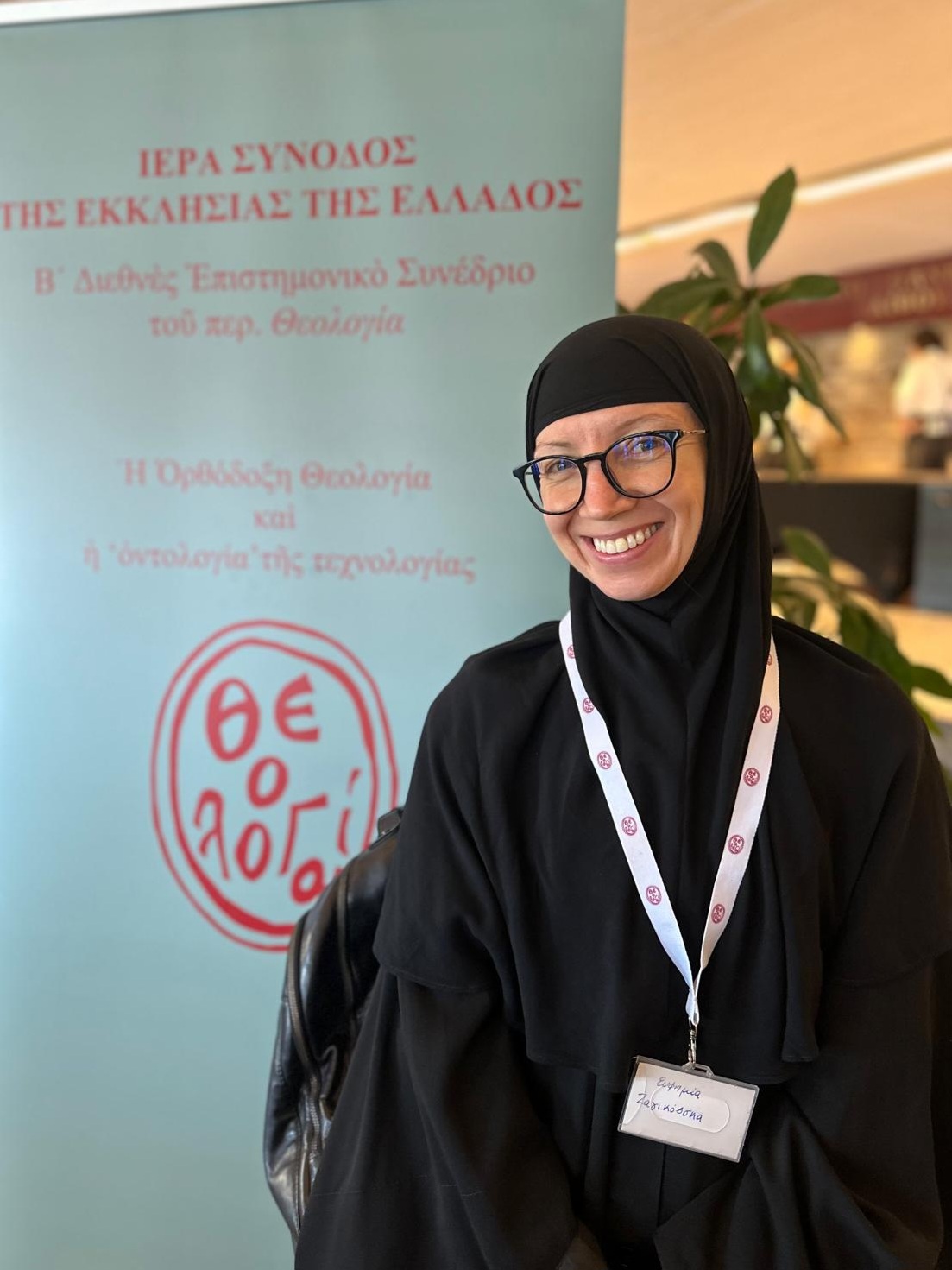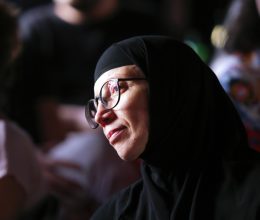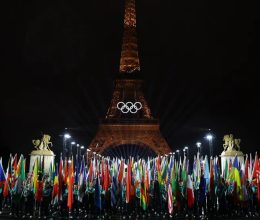The question of introducing religious education in public schools in the Republic of North Macedonia has been a long-standing and unresolved issue, revealing fundamental challenges in the understanding and application of secularism within a post-communist context. An analysis of this controversy suggests that certain segments of the elite and of the public, in their unsubstantiated and unscientific defence of the secular order, have fallen into an exclusive form of secularism—often referred to as Marxist secularism—which stands in direct contradiction to the very principles of religious freedom and human rights, including the right to religious education.
Since its independence in 1991, Macedonia has been constitutionally defined as a secular state, thereby marking a break with the aggressive atheistic model of the former communist regime. Yet, more than three decades later, the principle of secularism remains deeply divisive.
The Macedonian public discourse frequently takes on an exclusionary and non-pluralistic character. Instead of ensuring state neutrality and equality for all citizens—including those of faith—there is often a persistent demand for the complete elimination of religion from the public sphere. Such an approach bears direct resemblance to the anti-religious policies of totalitarian regimes.
The position of resistance to religious education is in direct conflict with universally protected human rights. The right to religious education and to the knowledge of one’s own faith is guaranteed by:
- The European Convention on Human Rights (Article 9 and the First Protocol);
- The Universal Declaration of Human Rights;
- The International Covenant on Civil and Political Rights.
According to these principles, the provision of religious education in public schools does not represent a state obligation toward religious communities, but rather the fulfilment of the state’s duty toward its citizens and their rights. In doing so, the principle of secularism is fully respected, since the state does not privilege any particular religion but rather creates conditions for the realization of the rights of all believers.
European Models
The strong resistance to religious education in Macedonia runs counter to broader European trends. Almost all Western, Central, and Eastern European secular states have long recognised the crucial importance of introducing religious education within public schools, as such education fosters pluralism, tolerance, and an understanding of culture and tradition.
Across Europe, several models are applied:
- Denominational (Confessional) Model – the traditional model in which instruction is provided according to a specific religion or denomination, with separate classes organized for students of different faiths. This model is implemented—either as a mandatory or elective subject—with broad application in countries such as Germany, Austria, Poland, Spain, Greece, Romania, Hungary, Italy, Croatia, Latvia, and others.
- Non-Confessional / Integrative Model – a model designed to educate all students, regardless of their faith or worldview, in order to develop religious literacy, an understanding of diversity, and tolerance. It focuses on the world’s major religions and secular outlooks, and is found in the United Kingdom, Switzerland, and all Scandinavian countries.
- Laïcité (Secular) Model – a model ensuring state neutrality in public education, where religious education is incorporated through mandatory courses in ethics and morality, history of religions, or religious and cultural heritage. This type of education is characteristic of France, Albania, Montenegro, Kosovo, and others.

The Constitutional Order and Religious Education: A Regional Comparison
Political tradition, the historical relationship between Church and State, and the constitutional framework are key determinants of whether and how religious education is incorporated within public education systems. A comparative view of neighbouring countries reveals that they have successfully integrated religious rights within their respective secular orders.
In Greece, for instance, the model of a state religion is in place. Eastern Orthodox Christianity is constitutionally proclaimed as the “dominant religion” of the State, while freedom of conscience and recognition of other religious communities are fully safeguarded. Orthodox catechism is taught both in primary and secondary education and is mandatory for all pupils.
In Romania, a model of positive secularism is applied—one in which the State not only guarantees freedom of religion but also actively supports religious education. The Constitution defines Romania as a democratic and social state founded upon respect for human dignity and the rights and freedoms of citizens. Religious communities enjoy full freedom of activity, and the State enables confessional religious instruction in public schools, in accordance with the specificities of each faith tradition.
Bulgaria has established a form of moderate secularism, recognising the vital historical and cultural role of Eastern Orthodox Christianity, thus granting it symbolic pre-eminence without undermining religious pluralism. This constitutional arrangement represents a balanced approach—going beyond classical secularism, yet stopping short of the model of a state religion. In Bulgarian schools, religious instruction is offered as an elective subject, but the Church plays a stable, institutionalised role throughout all phases of religious education—from policy development to implementation support.
Serbia maintains a classical secular model, based on the clear separation of Church and State. The Constitution proclaims Serbia as a secular state, specifying that no religion may be established as official or mandatory. Within Serbia’s public education system, an elective course entitled Religious Instruction (Veronauka) is offered to students.
The Unstable Practice in North Macedonia
The Constitution of the Republic of North Macedonia guarantees freedom of religion and stipulates that all recognised religious communities—the Macedonian Orthodox Church – Ohrid Archbishopric, the Islamic Religious Community, the Catholic Church, the Evangelical–Methodist Church, the Jewish Community, and others—are separate from the State and equal before the law.
Despite this formal equality, the practice surrounding religious education remains unstable and controversial. In previous decades, certain political actors—invoking the principle of secularism—have repeatedly abolished or downgraded this form of education, perceiving it as a threat, while others, though supportive, have failed to secure a lasting legal framework:
- 2002 / 2009: Religious education was twice introduced and immediately abolished through rulings of the Constitutional Court.
- 2010: The subject Ethics in Religions was introduced as a mandatory-elective course, addressing the moral dimensions of constitutionally recognised religions from a secular perspective.
- 2021: Under the new Concept for Primary Education, Ethics in Religions was further reduced to a freely elective subject, effectively leading to its disappearance.
The Core Dilemma
The long-standing practice of severely restricting the right to religious education under the guise of protecting secularism has resulted in the marginalisation of the believing majority and the emergence of a new form of discrimination within a multireligious society.
In light of this, the Commission for Relations with Religious Communities and Groups, together with religious leaders and the Association of Teachers of Ethics in Religions, have jointly issued several proposals, all fully consistent with the constitutional principle of secularism:
- The reinstatement of Ethics in Religions to its previous status as a mandatory-elective subject;
- The introduction of a regular subject entitled Religious and Cultural Heritage, focusing on the study of common culture and tradition;
- And the creation of a legal framework for transforming the employment status of graduate theologians and specialists, who for sixteen years have faced systemic discrimination within the educational system.
Do these demands endanger the secular order of the State?
And where, in these demands, can one discern any interference by the religious communities in the affairs of the State, when these subjects are taught by laypersons who have completed a six-year accredited academic education?
In this context, a central question arises:
Is North Macedonia—by defending secularism through its resistance to religious education—truly demonstrating a deeper understanding of secularism than virtually every other country in the region and in Europe?
Or is it, perhaps unwittingly, restricting the exercise of fundamental human rights under the pretext of safeguarding the state order?
The conclusion, dear reader, is yours to draw.















